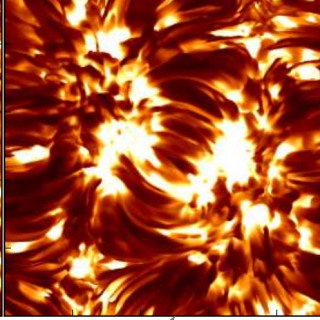Bibcode
Socas-Navarro, H.
Bibliographical reference
Astronomy and Astrophysics, Volume 626, id.A5, 7 pp.
Advertised on:
6
2019
Journal
Citations
24
Refereed citations
23
Description
A recent study by Farnes (2018, A&A, 620, A92) proposed an
alternative cosmological model in which both dark matter and dark energy
are replaced with a single fluid of negative mass. This paper presents a
critical review of that model. A number of problems and discrepancies
with observations are identified. For instance, the predicted shape and
density of galactic dark matter halos are incorrect. Also, halos would
need to be less massive than the baryonic component, otherwise they
would become gravitationally unstable. Perhaps the most challenging
problem in this theory is the presence of a large-scale version of the
"runaway effect", which would result in all galaxies moving in random
directions at nearly the speed of light. Other more general issues
regarding negative mass in general relativity are discussed, such as the
possibility of time-travel paradoxes.
The simulation video is available at http://https://www.aanda.org
Related projects

Magnetism, Polarization and Radiative Transfer in Astrophysics
Magnetic fields pervade all astrophysical plasmas and govern most of the variability in the Universe at intermediate time scales. They are present in stars across the whole Hertzsprung-Russell diagram, in galaxies, and even perhaps in the intergalactic medium. Polarized light provides the most reliable source of information at our disposal for the
Ernest
Alsina Ballester